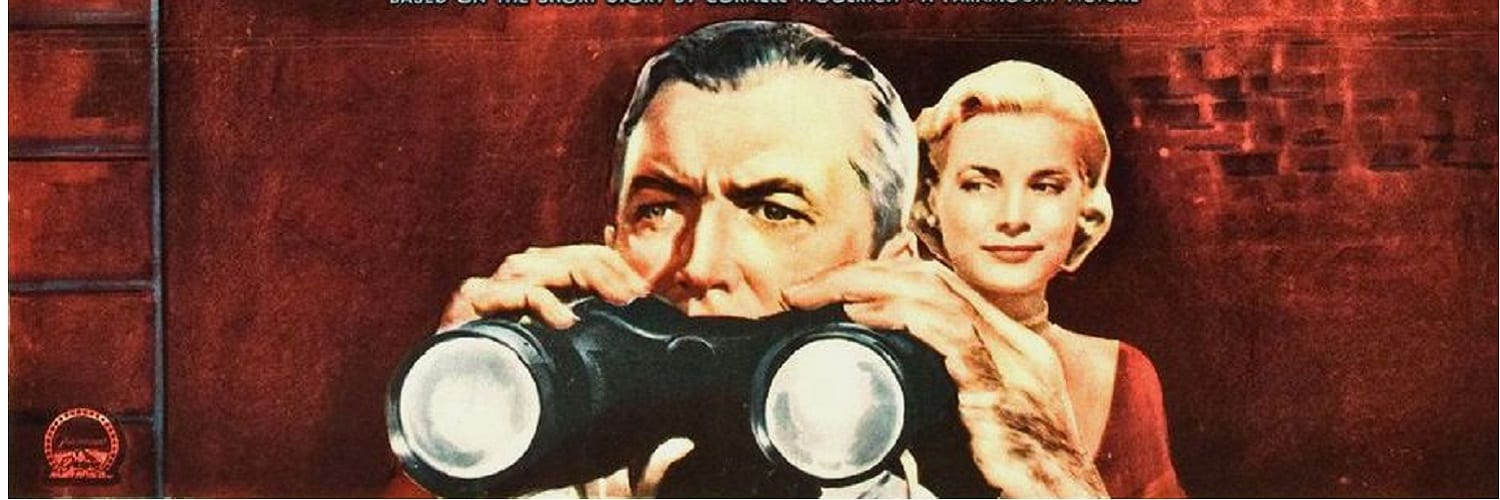Hitchcock, "Rear Window" (film)

Although Alfred Hitchcock’s "Rear Window" (1954) does not take place in the context of a plague, it is a film about being in lockdown. Its preoccupations may be subtly shaped by the context of the early 1950s which saw Americans return to ordinary domestic life after the upheavals and mobilizations of the war. The premise of the film is simple - a leg injury confines a photographer to his Manhattan apartment and he breaks the monotony by obsessively observing his neighbors. However, the film works on several levels: literal, psychological, symbolic. It explores what happens to our minds when we are cut off from the world outside the home, when the only travel we can undertake is internal, and when our own thoughts end up projecting themselves onto our surroundings.
Background: Domestic Lockdown in the 1950s
Presented by Barry McCrea
How “Rear Window” uses the predicament of being suddenly confined to the home as a framework for exploring broader questions.
Run time: 6 minutes
The Narrative System of "Rear Window"
Presented by Barry McCrea
How the film constructs its plot and employs subtle visual effects to evoke certain uncanny feelings in the viewer, and how these feelings are part of the film’s meaning.
Run time: 9 minutes
"Rear Window" as a landscape of the mind
Presented by Barry McCrea
An interpretation of the psychological undercurrents running through the film, and what they suggest we can learn from life in lockdown.
Run time: 8 minutes
View the Event
Presented by Barry McCrea
Subscribe to the ThinkND podcast on Apple, Spotify, or Google.
Featured Speakers:
- Susan Ohmer, The William T. and Helen Kuhn Carey Associate Professor of Modern Communication, University of Notre Dame
- Kieron Webb, Head of Conservation, British Film Institute
- Rev. Jim Lies C.S.C., Director for Academic Initiatives & Partnerships, University of Notre Dame, London, England
